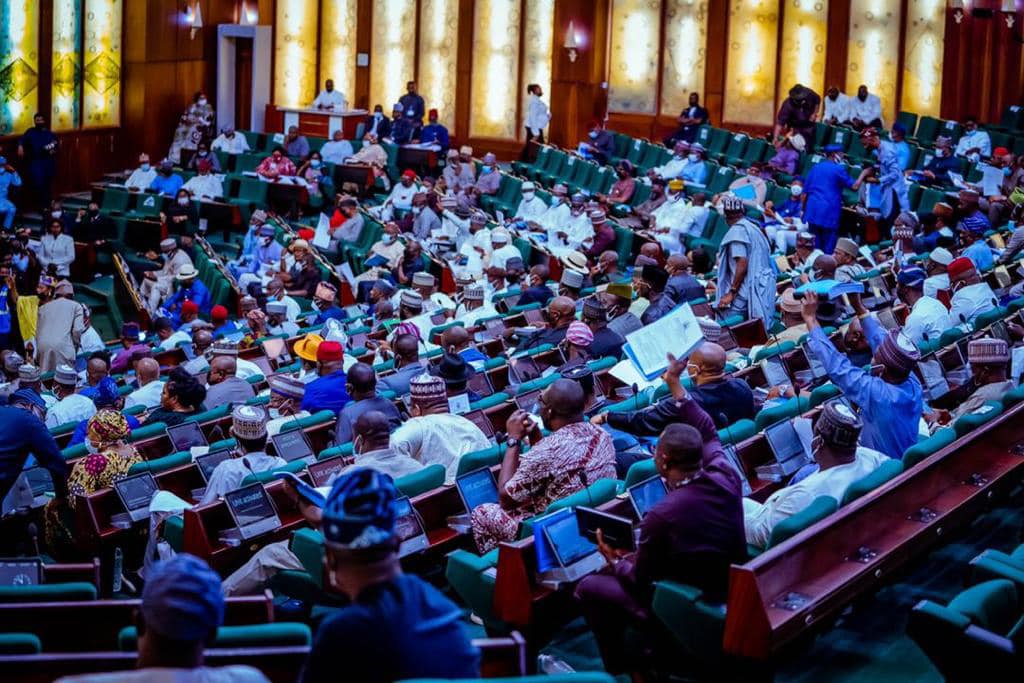ABUJA, Nigeria — A bill proposing the creation of Ijebu State from the present Ogun State has passed its second reading in the House of Representatives, advancing one step closer to what would be Nigeria’s first new state since the return to democracy in 1999.
The proposed legislation, sponsored by Olufemi Ogunbanwo, who represents the Ijebu Ode/Ijebu North-East/Odogbolu Federal Constituency of Ogun State, and three other lawmakers, was debated and endorsed during Thursday, October 23, 2025’s plenary session.
Presiding over proceedings, Deputy Speaker Benjamin Kalu referred the bill to the Committee on Constitutional Review for further legislative work.
Kalu, who also chairs the committee, noted earlier this year that the ongoing constitution amendment process is expected to be completed by December 2025.
The proposed creation of Ijebu State adds to a growing list of similar legislative efforts seeking to alter Nigeria’s political map.
However, creating a new state under the 1999 Constitution is a complex and lengthy process that demands extensive political and public support.
Under Section 8(1) of the Constitution, the establishment of a new state requires several layers of approval.
The process begins with a two-thirds majority vote in favour of the proposal by representatives of the affected area in both the Senate and the House of Representatives, as well as in the State House of Assembly and the local government councils within the proposed new state.
Following legislative consent, a referendum must be conducted in the area seeking statehood, and at least two-thirds of the residents must vote in favour.
The results of the referendum must then be ratified by a simple majority of all state houses of assembly across the federation before final approval by a two-thirds majority of both chambers of the National Assembly.
Advocates of Ijebu State have long argued that the Ijebu people, who make up a significant part of Ogun’s population, deserve greater political autonomy and access to federal resources.
The proposal, they say, would bring governance closer to the people and improve administrative efficiency in the region.
While support for new states has often resurfaced in Nigeria’s political discourse, no proposal has successfully met the constitutional threshold since the country’s return to civilian rule.
As the bill heads to the constitutional review committee, it faces a challenging journey through Nigeria’s demanding amendment process — one that has historically made state creation a rare and formidable undertaking.







